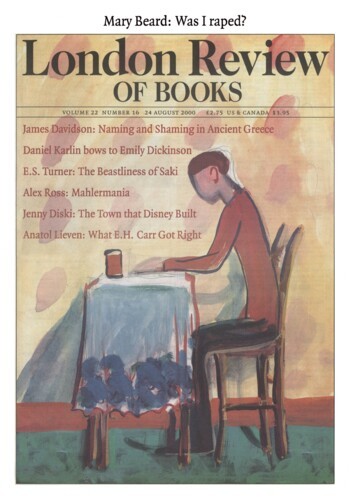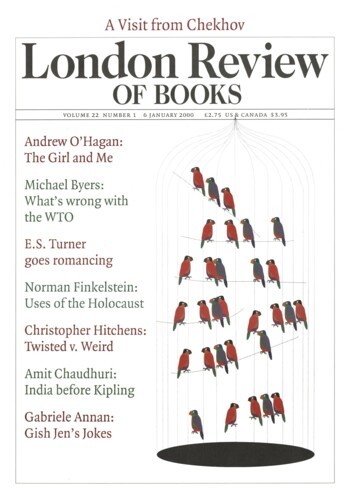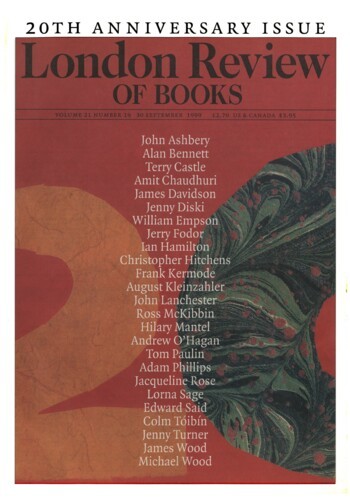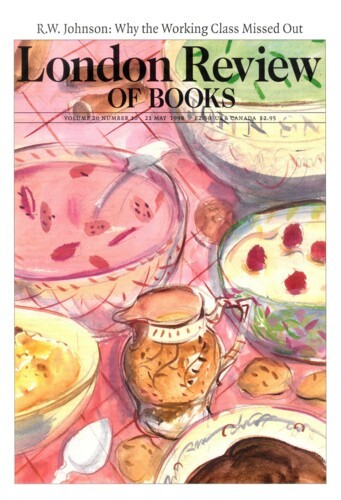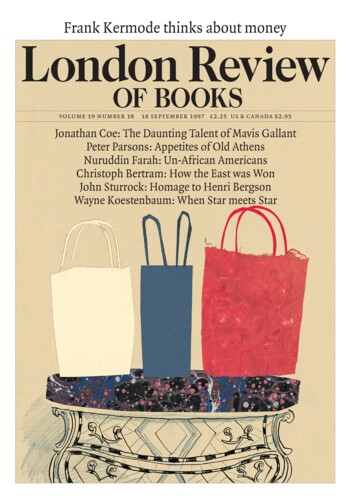Although Bombay and Mumbai are the same city in reality, they are probably two different cities of the mind, or at any rate the names signify two phases in its history. Bombay was a colonial city; even when I was growing up in it through the early Sixties and the Seventies, its colonial planning and allocations were largely intact. Cumballa and Malabar Hill, Kemp’s Corner, Breach Candy all on one side, and, on the other, the curve of the Marine Drive as it led towards Church-gate, Nariman Point, Cuffed Parade and the Gateway of India: within these loosely-defined parameters were situated schools such as Cathedral and John Connon as well as Campion, colleges like Elphinstone and St Xavier’s, the important office buildings that belonged both to the Government and to private companies, the Bombay Gymkhana club, and the Jaslok and Breach Candy Hospitals. This was where not only the ministers’ houses were concentrated, but where the professionally qualified – corporate executives, doctors, orthopaedic and plastic surgeons, solicitors, newspaper editors – mainly lived with their families, with a small service industry of dieticians and beauticians at hand; the kind of people who had inherited from their colonial rulers flats, clubs, roads, specific residential and work areas, along with table manners, a certain intimacy with the English language, and a comparable distance from the less privileged around them. New, tall buildings would come up unexpectedly; their names would become famous – architectural celebrities in a city that loved celebrity and once even had a magazine of that name. With its sea-breeze, its year-long sun, its ambitions of upward mobility, this part of Bombay in the Sixties and Seventies could feel like a Californian city in the Fifties, where the notion of ‘having fun’ still existed within the constricting but benevolent circumscription of middle-class values.’‘
Although Bombay and Mumbai are the same city in reality, they are probably two different cities of the mind, or at any rate the names signify two phases in its history. Bombay was a colonial...
